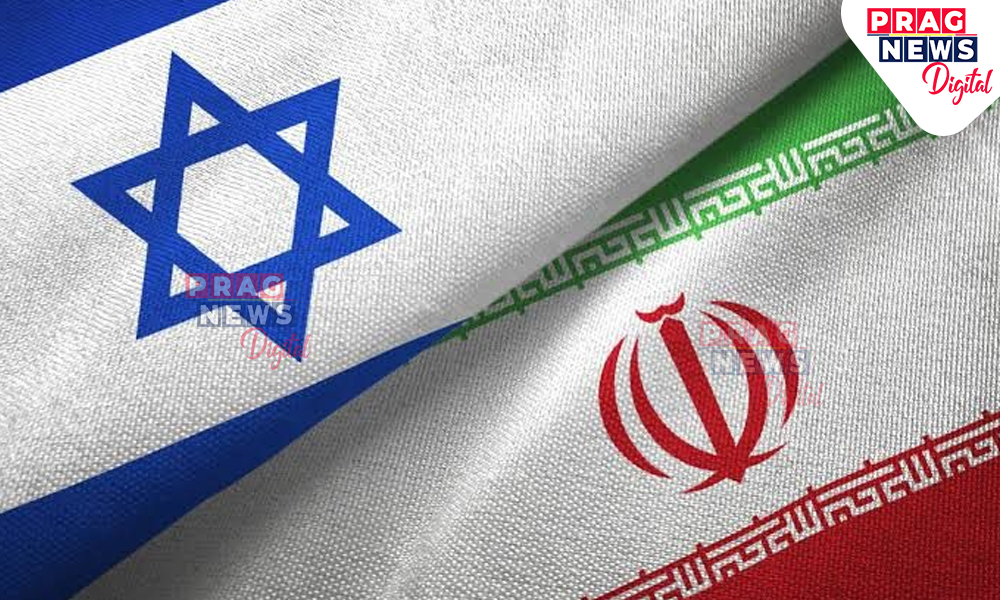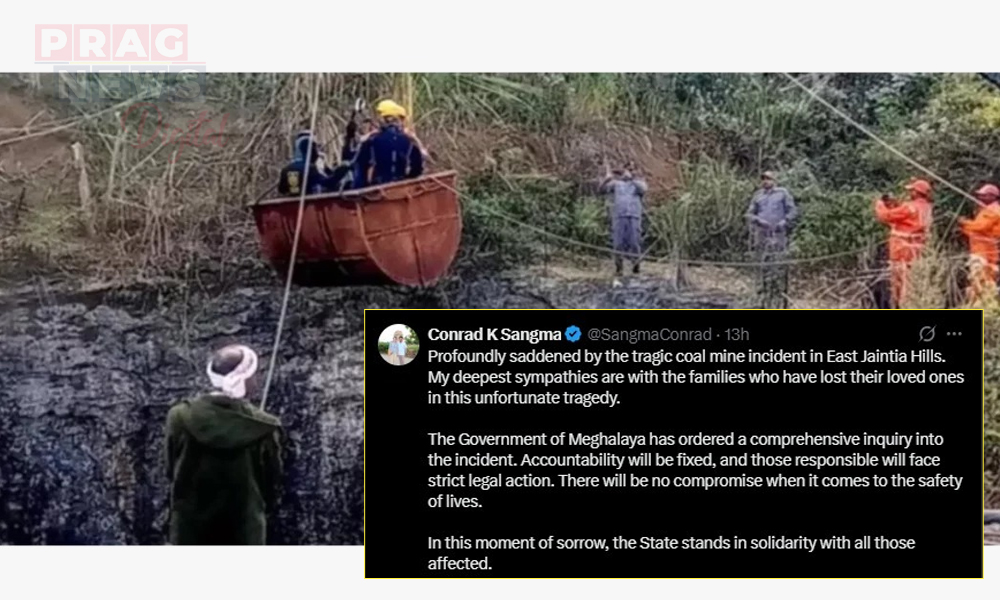Introduction
Sahar Emami, an anchor for the Islamic Republic of Iran News Network, was suddenly seen fleeing her news desk, while shouts of “Allahu Akbar” echoed in the background. On 16 June 2025, a moment of fear and chaos was seen unfolding live on Iranian state television, as Israel struck the Islamic Republic of Iran Broadcasting (IRIB) headquarters in Tehran, killing almost 2 media workers. The building, housing IRIB’s news and political affairs division, was reportedly hit by at least four missiles. This attack is a part of a broader series of Israel’s aggression on Iran that began on 13 June 2025, targeting military sites, nuclear scientists and residential areas.
What is the reason behind Israel’s attack on Iran? What has led to this explosive escalation of the decade long animosity? Let us understand the long history of Iran and Israel’s rivalry and why it is known as one of the longest conflict in the Middle East.
History of Israel- Iran conflict
Iran and Israel has been locked in a longstanding proxy conflict since the 1970s. This indicates that they have supported other groups and fought indirectly, especially in places like Lebanon, Syria, Iraq, and Gaza.
Prior the Islamic Revolution in 1979, which installed a new theocratic regime in Iran, ideologically opposed to Israel’s existence, both the countries were close allies, trading arms, oil and intelligence. Back in 1948, most Muslim majority countries in West Asia refused to recognise the new country of Israel. The big exception was Shia-majority Iran and Turkey, only Islamic states that recognised the sovereign state of Israel.
Ayatollah Ruhollah Khomeini
Credit: Library of congress
All appeared stable and stout between the two countries until 1979, when the Islamic Revolution flowed through all of Iran. This domestic political movement was opposed to Israel, which it called a Zionist regime. Iran, under the Ayatollahs, severed diplomatic ties with Israel, marking the start of their regional rivalry. Since then, Iran has called for the destruction of Israel and does not recognise it as a state. Iran’s foreign policy was reoriented around Islamic anti Zionism and asymmetric warfare.
Mass demonstration of people protesting against the Shah and Pahlavi government.
Credits: Wikipedia
But the open rivalry phase between Iran and Israel can be said to have started after the Israeli invasion of Lebanon in 1982 as a part of its operations against the Pelastinian Liberation Organisation. That year, Iran established the militant group Hezbollah, the very first of its proxy groups to fight against Israel. Iran sponsored Hezbollah, providing them with training, funds and weapons to wage a guerrilla war against Israel. 1990s were a period of instability in the regions. Hezbollah’s 1983 suicide bombing attack in Beirut killed dozen Israeli and Western Personnel. In response, Israel launched series of furtive and straightforward attacks, including the assassination of Iranian nuclear scientists, cyber attacks like Stuxnet, and precision airstrikes targeting Iranian arms convoys in Syria.
The 2010s were a period of more proxy wars, with the element of cyberattacks added. In this period, both countries blamed one another, but the standard policy of both sides was not to claim responsibility openly.
By 2023, the rivalry had reached new heights. On October 7, terror attack by Hamas-led Palestinian militants on Israel killed at least 1,200 Israeli civilians, prompting a brutal Israeli response that decimated much of the Hamas leadership and damaging the Hezbollah and Houthi forces.
On 1 April 2024, the longstanding indirect conflict between Israel and Iran escalated into an open war, when Israel conducted an airstrike on an Iranian consulate complex in Damascus, Syria, and killed 7 Iranian soldiers and 1 Iranian advisor. Israel claimed that the facility was not an embassy but a disguised military building of the Quds Force. In response, Iran and its Axis of Resistance responded by seizing the alleged Israel linked Mediterranean Shipping Company (MSC) Aries container ship in the Gulf of Oman and launching the Operation True promise strikes inside Israeli occupied Golan heights.
These are the events that led to the massive war between the two countries which broke out on June 13, 2025. Israel has taken a bold step of attacking Iran directly, something that has never happened on this scale before.
The conflict between the two adversaries is escalating with no indication that the battle will cease. The US President Donald Trump was seen addressing the conflict between Israel and Iran in a recent interview with Rachel Scott of ABC news, clarifying that the US had no involvement in Israel’s recent military strike on Iran but added that there’s a possibility that US might get involved. On Tuesday, He called for Iran’s unconditional surrender and warned US patience was wearing thin. These statements has sparked different speculations, raising questions about the involvement of a third party in the War.


















